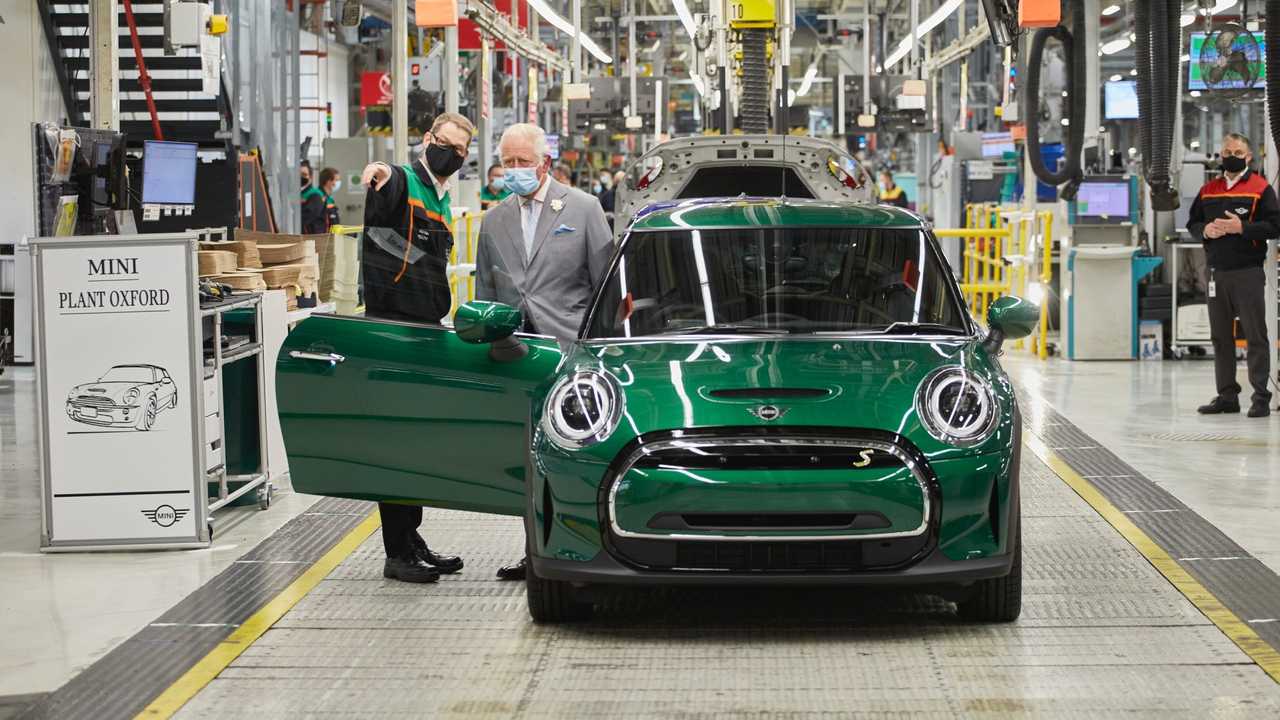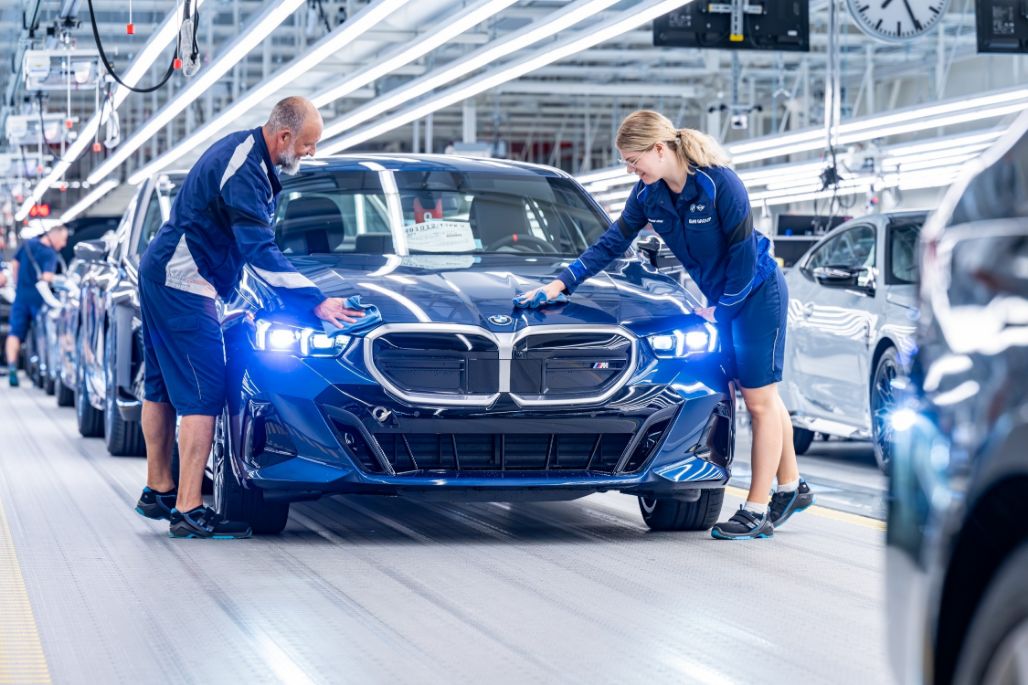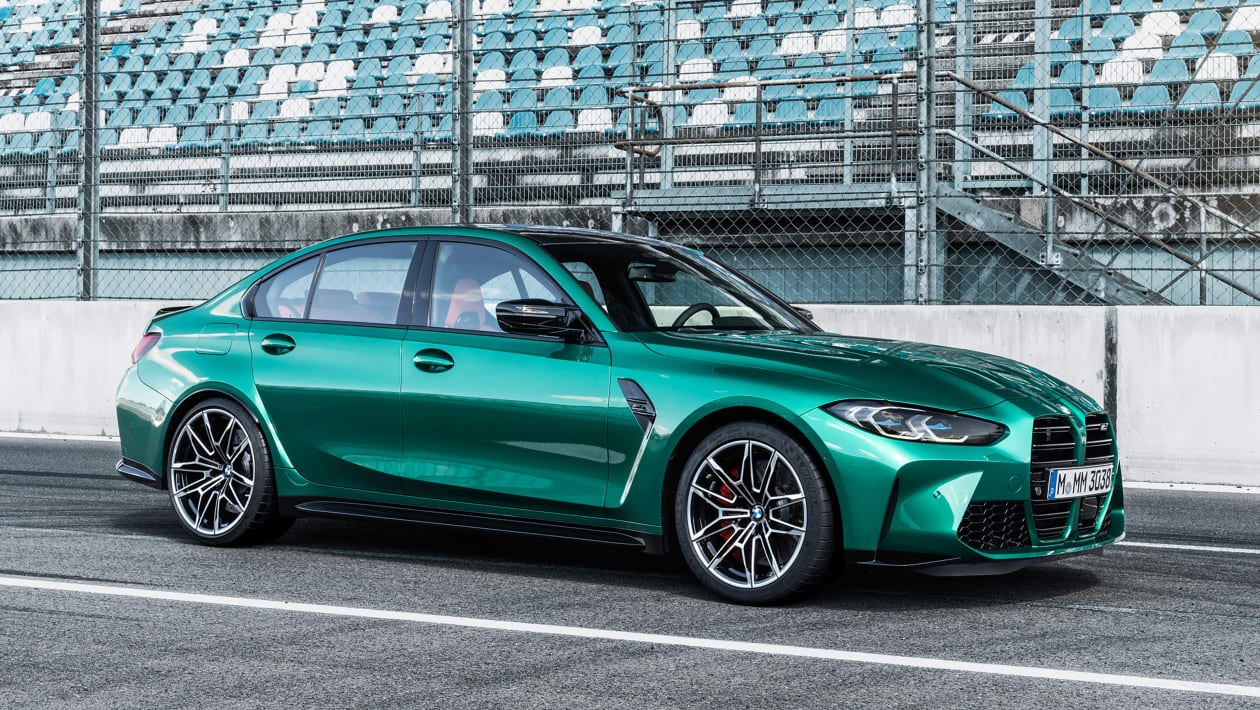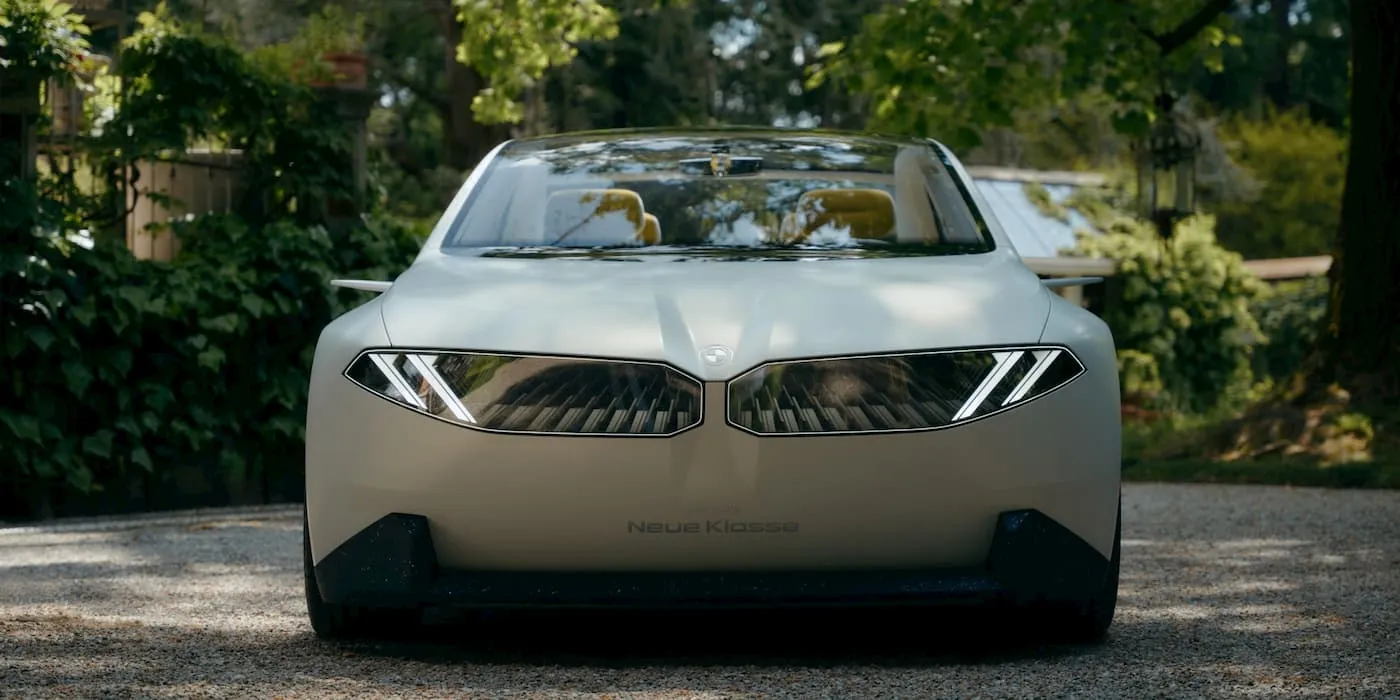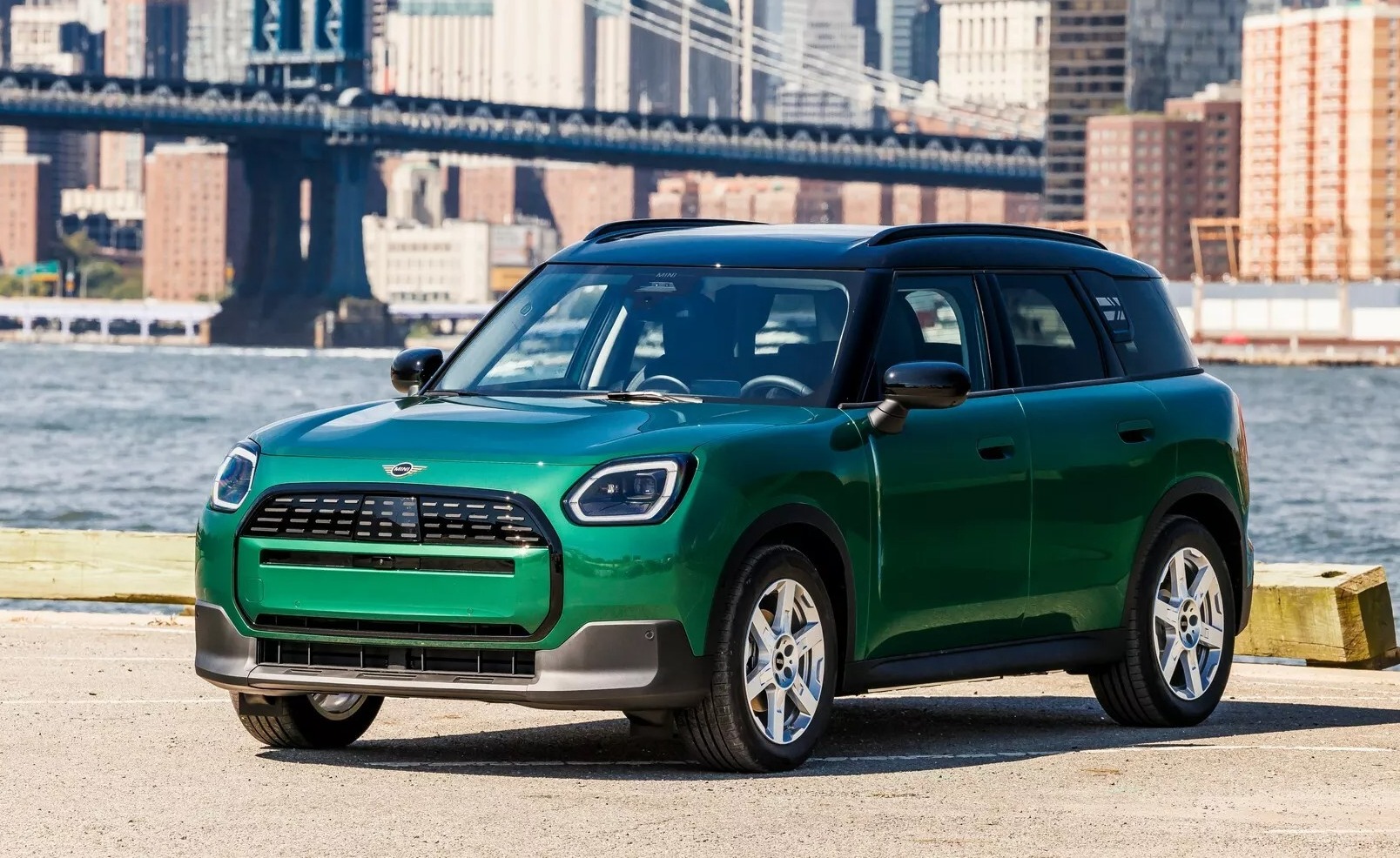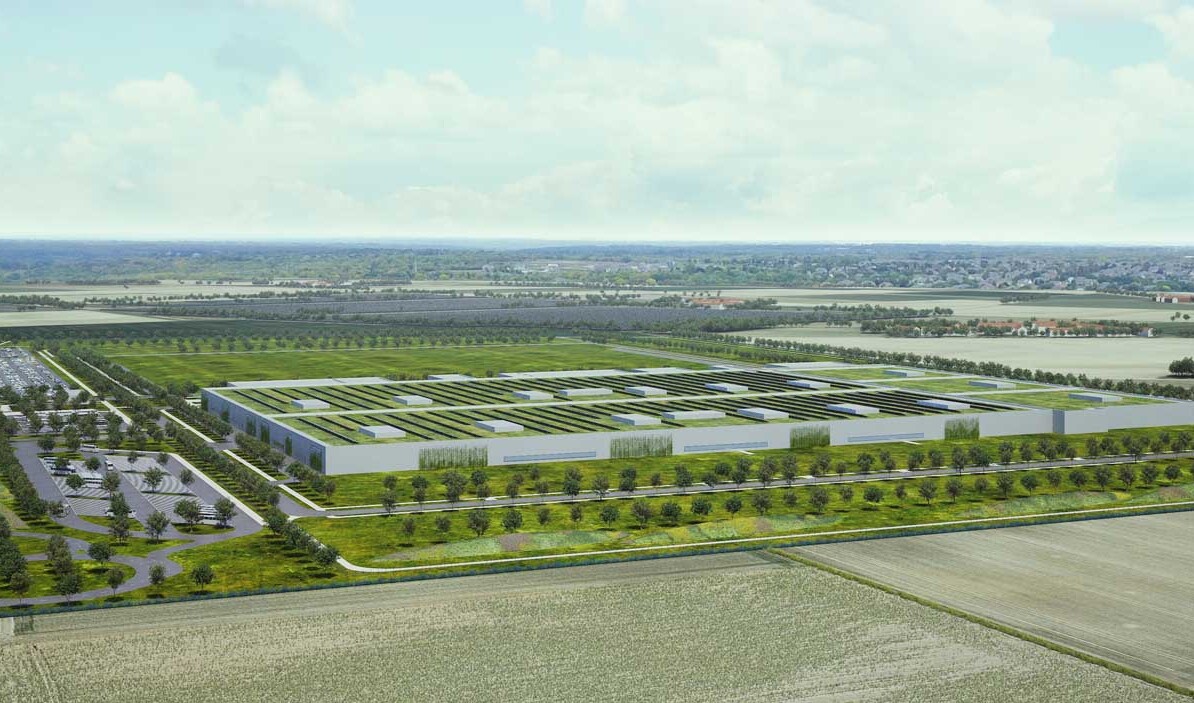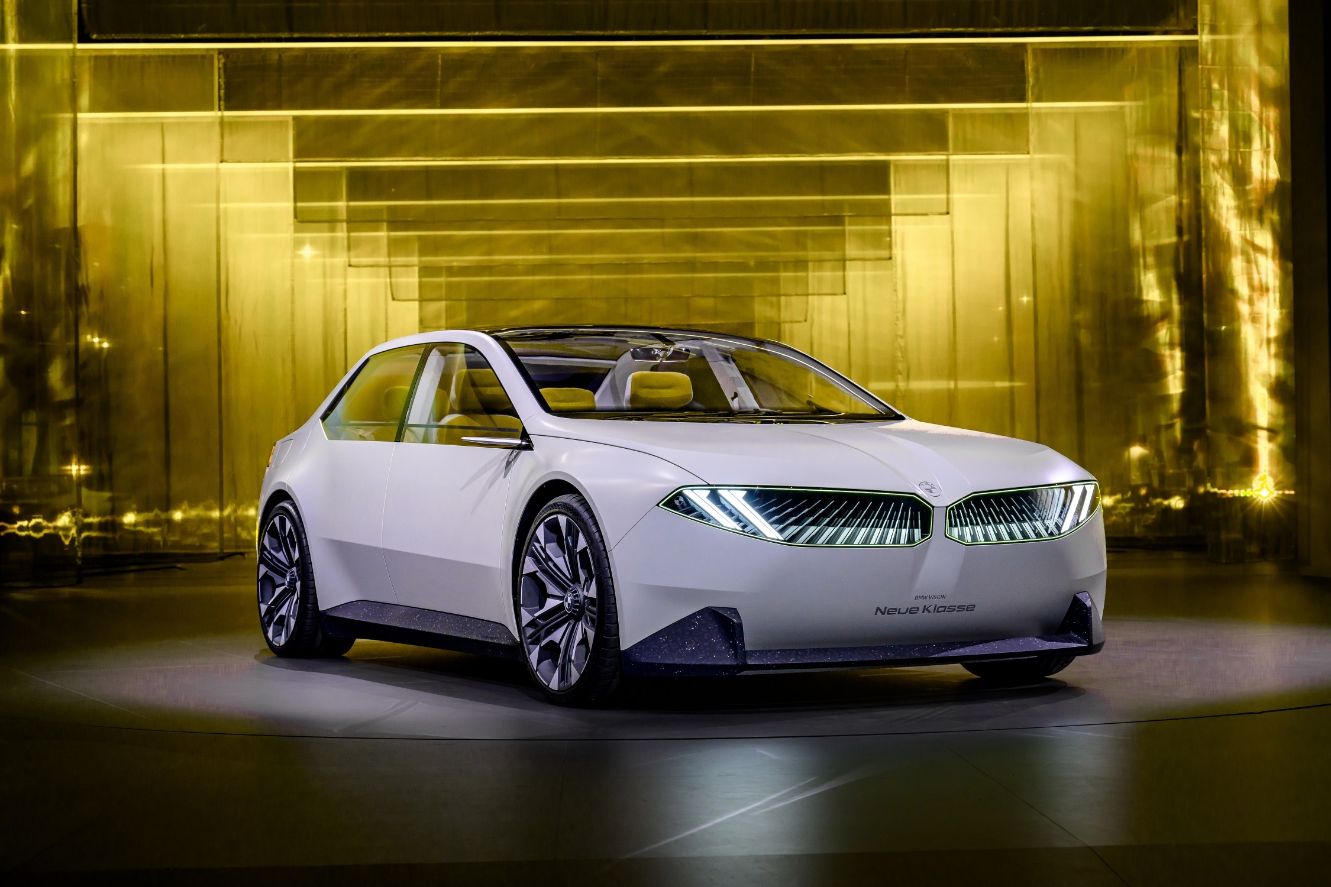BMW has announced a substantial investment of £600 million (approximately $750 million) in its UK manufacturing facilities. The aim of this substantial investment is to transition its iconic Mini brand into an all-electric lineup by the year 2030, providing a much-needed boost to the country’s car industry following years of uncertainty driven by the Brexit process.
Beginning in 2026, BMW, a prominent German premium car manufacturer, will commence production of two electric models at its Mini plant located in Oxford. These models include the classic Mini Cooper 3-door and the compact crossover Mini Aceman. As part of its long-term vision, BMW’s Oxford plant will exclusively produce electric vehicles starting from 2030, with a significant portion of these electric cars earmarked for export to global markets, as affirmed by BMW’s production chief, Milan Nedeljkovic.
See also: BMW to Invest GBP600m in Oxford’s Mini Plant for Electric Car Production
During a press conference held in Oxford, Nedeljkovic outlined the company’s intention to utilize batteries manufactured in Europe for the new electric models produced in Oxford. However, specific details regarding the source of these batteries within Europe were not disclosed, with BMW indicating that the choice would depend on the market conditions and attractiveness for its suppliers.
Notably, the same two electric models, the Mini Cooper 3-door and Mini Aceman, will also be manufactured in China, with export activities slated to commence in 2024.
British Business Minister Kemi Badenoch, speaking in Oxford, expressed the government’s commitment to bolstering the nation’s automotive manufacturing sector, stating, “We want auto manufacturing not just to stay in the UK, but to be the best in the world, and this is part of that story.”
Although specifics regarding subsidies provided to BMW for Mini production were not disclosed, British media outlets have reported an estimated figure of £75 million.
Additionally, BMW’s investment extends to its Swindon plant, which produces components for Mini models. At present, it remains uncertain what the future holds for the Hams Hall engine plant, located near Birmingham, as confirmed by Milan Nedeljkovic.
The Mini, known for its small size, agility, and affordability, originally entered the market in 1959 and has maintained popularity even after BMW revived the brand in 2001. However, concerns about its future production location in the UK have lingered for years, exacerbated by uncertainties surrounding Brexit, which had raised the possibility of BMW relocating production to Germany, China, or other countries.
See also: BMW plans to invest $1.7 billion on two facilities in US to produce electric vehicles
Despite this positive development, the automotive industry in both the UK and Europe remains apprehensive about the impending implementation of post-Brexit “rules of origin.” Under these regulations, beginning in 2024, 45% of the value of an electric vehicle sold in the European Union must originate from either Britain or the EU to avoid tariffs. British Business Minister Kemi Badenoch, speaking in Oxford, emphasized the industry’s concerns and the need for additional time to bolster local capacity, asserting that tariffs on EU and UK-made cars would ultimately benefit Chinese manufacturers.

